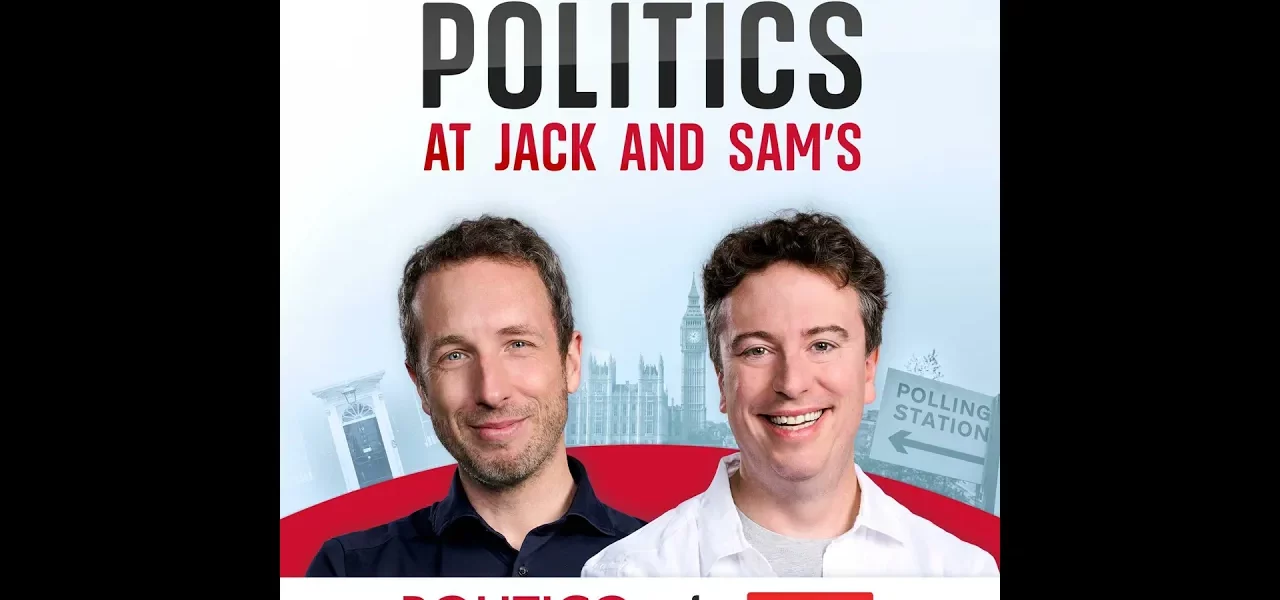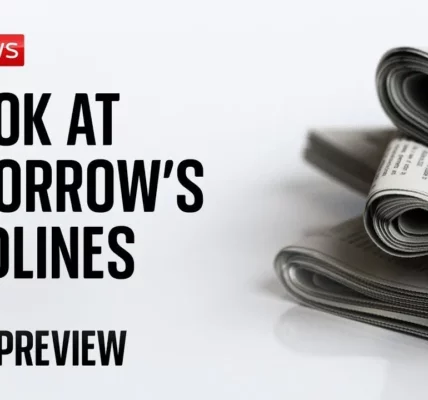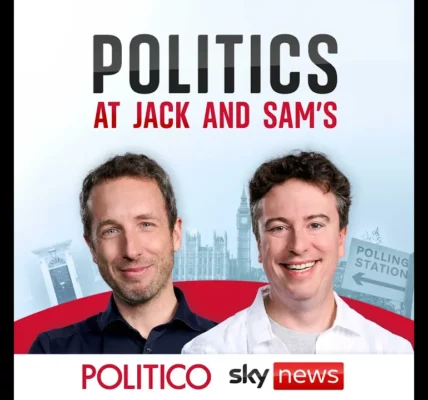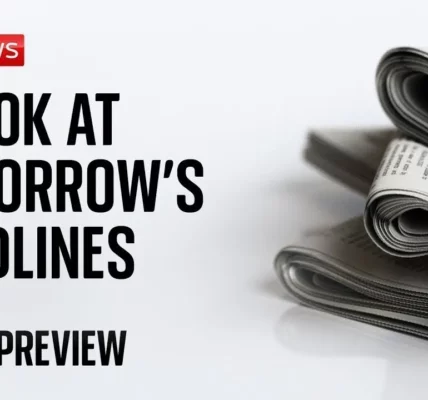The Politics of Snap Elections: Rishi Sunak’s Bold Move

Welcome to the detailed analysis of the recent political developments in British politics, particularly focusing on the unexpected announcement of a snap general election by Prime Minister Rishi Sunak. In this article, we will delve into the implications of this decision, the reactions from various political factions, and the overall landscape of UK politics leading up to the election date.
Introduction to the Snap Election
The announcement of a snap general election in the UK set for July 4th, 2024, marked a significant turning point in British politics. Prime Minister Rishi Sunak’s decision was unexpected, especially considering the prevailing opinion that an election would not be called until later in the year. This article explores the factors leading to this decision, the immediate reactions, and what it means for the future of the Conservative Party and its opposition.
Understanding the Context of the Decision
Rishi Sunak’s announcement came as a surprise to many, especially given the Conservative Party’s current standing in the polls. With the party trailing significantly behind the opposition, many political analysts were skeptical about the timing of the election. The following sections will explore the factors that led to this decision.
Political Landscape Prior to the Announcement
- Sunak’s approval ratings were low, with the Conservatives facing a 20-point deficit against Labour.
- Recent local elections had not provided the momentum needed for a successful campaign.
- Sunak’s government had been criticized for a lack of clear communication and policies that resonated with voters.
Significant Developments Leading to the Election
In the weeks leading up to the announcement, several key events hinted at a shift in strategy for the Prime Minister:
- Sunak’s focus on major welfare announcements and defense spending.
- High-profile speeches that seemed geared towards rallying support.
- A series of public appearances that suggested an impending campaign.
Reactions from Political Figures and Analysts
The announcement of a snap election was met with mixed reactions across the political spectrum. Here, we analyze the responses from key political figures and analysts.
Responses from the Conservative Party
Within the Conservative Party, the reaction was one of cautious optimism. Some members viewed the snap election as an opportunity to reset the narrative, while others expressed concern over the potential risks involved. Notable reactions included:
- Support from party loyalists who believed it could galvanize the base.
- Concerns from moderates about the implications of an early election.
Opposition Responses
The Labour Party, led by Keir Starmer, was quick to respond, viewing the election as an opportunity to capitalize on their lead in the polls. Starmer’s team emphasized the need for change and the importance of voter engagement:
- Starmer expressed enthusiasm for the election, framing it as a chance for the public to voice their dissatisfaction with the current government.
- Labour’s campaign strategy focused on accessibility and transparency, contrasting with the Conservatives’ approach.
Media and Analyst Perspectives
Political analysts and media commentators provided a range of insights into the implications of the snap election:
- Many expressed skepticism about Sunak’s ability to turn the tide given the current polling data.
- Others highlighted the potential for an unexpected outcome, drawing from historical precedents in British elections.
Campaign Strategy and Outlook
As the election date approaches, both parties are gearing up for an intense campaign period. Below, we outline the expected strategies from both the Conservatives and Labour.
Conservative Campaign Strategy
The Conservative campaign is expected to focus on several key themes:
- Highlighting government achievements, particularly in economic management.
- Framing the election as a choice between stability and uncertainty.
- Utilizing targeted messaging to address specific voter concerns, particularly in swing constituencies.
Labour’s Campaign Approach
Labour’s strategy will likely emphasize:
- Engagement with grassroots movements to enhance voter turnout.
- Clear communication of policy proposals that resonate with the electorate, particularly on issues of cost of living and public services.
- Countering Conservative narratives with effective rebuttals during debates and public forums.
Conclusion and Call to Action
The snap election called by Rishi Sunak represents a pivotal moment in British politics. As both parties prepare for what is expected to be a closely contested election, the strategies they adopt will be crucial in shaping the political landscape for years to come. Voters are encouraged to stay informed and engaged as the campaign unfolds. Be sure to follow our updates and analyses leading up to the election for comprehensive coverage of all developments.
“`




